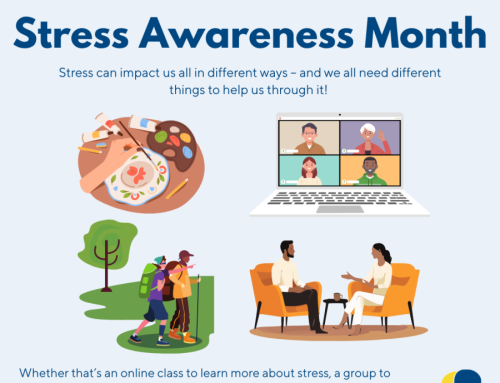The Best Start Peer Support Programme aims to empower individuals and families about the relationships they have at home and with professionals, in order that they make healthier informed choices about their lives and therefore become better carers and parents producing healthy children, in line with the Best Start plan for the city. In year one, we received 152 referrals.
We have successfully found our niche and created a programme which creates a safe space for parents and carers not to feel judged and to share with us honestly about how they are coping. Feedback suggests there is a lot of fear about being judged by professionals, and recognising that there are already good existing parenting programmes within the city, we wanted to create a different model which acknowledges Touchstone’s mental health expertise and engages with those families who might be seen as vulnerable. We offer a six week programme which acknowledges that if you take care of yourself as a parent/carer you will do a much better job. We have also developed great rapport with the children’s’ centres to work alongside them to identify people who may not have the confidence to attend other groups, but who may feel much more ready after attending our 6 week course.
From June 2017 to April 2018, we delivered five peer support programmes and one peer volunteer training programme, with 8 people becoming trained peer volunteers. We also ran a course specifically for Asylum seekers.
The course doesn’t run during school holidays, but this gives us a chance to review the course, take on feedback, and to promote the programme at community events across the Summer.
For people who have completed the initial course, we now have monthly peer support meet ups and one-to-one meetings, which look at supporting people with their own personal action plans. There is also a thriving Facebook community page for past and current course participants.
The majority of participants reported that following the course:
- They feel more confident interacting with other parents and carers.
- They believe more that other parents and carers share their problems and feelings.
- They feel less isolated.
- They know more about looking after they’re health and wellbeing
- They find it easier to access help and support.
Other outcomes that some participants felt they had achieved included:
- Understanding themselves better.
- Being more open about feelings.
- Learning from others.
- Relaxing and relieving stress.
- Getting to know people and making friends.
- Do something for themselves, without their child.
- Gaining work of volunteering opportunities.
- Gaining new skills.





